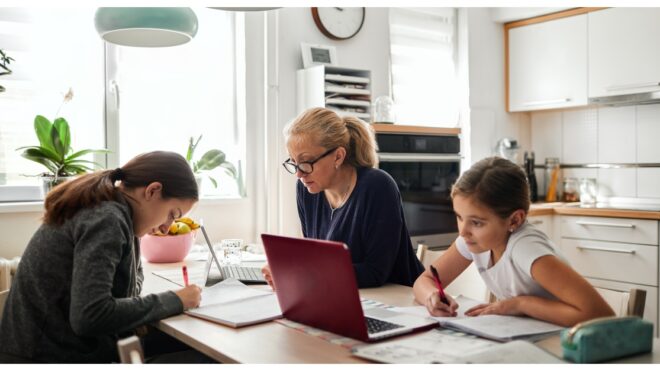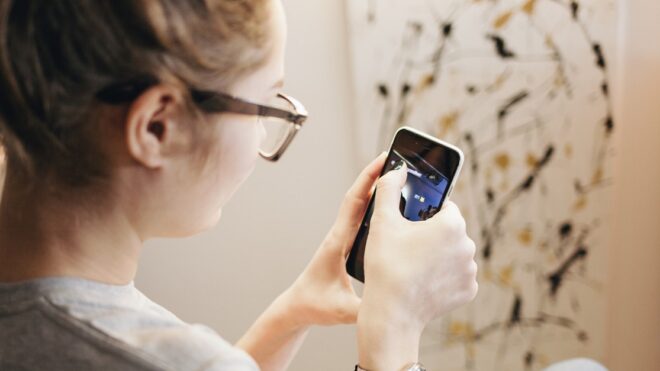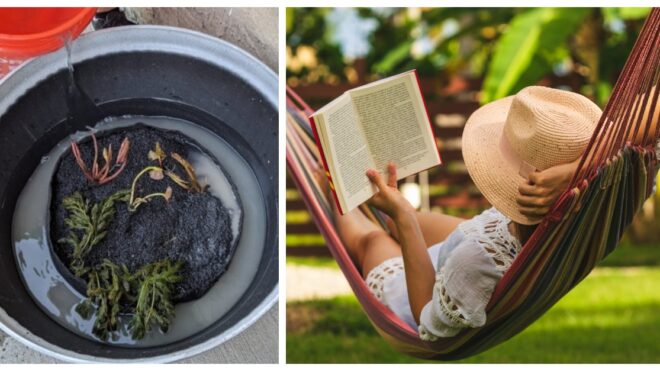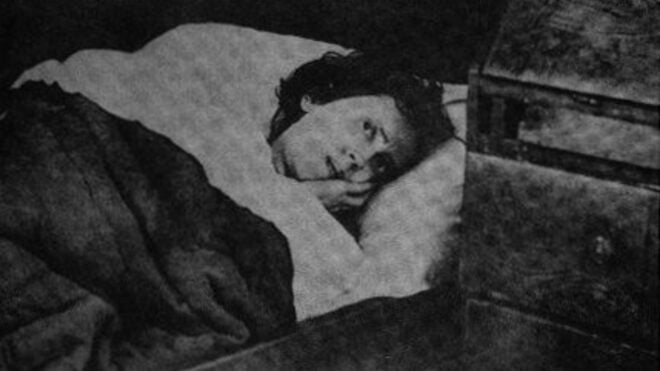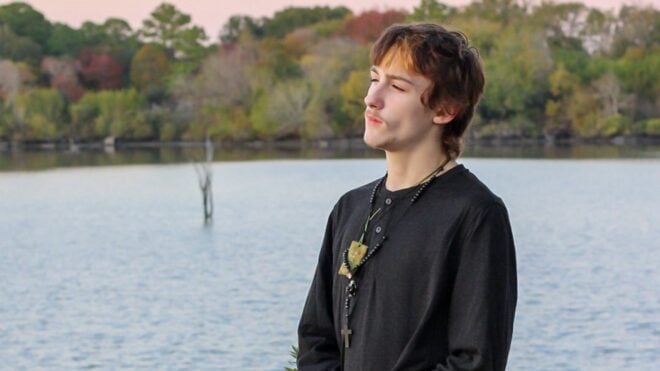In what seems like the most divisive times many of us have experienced, there are still people out there helping others connect. Shelly Tygielski began by wanting to help out in her own community.
Shelly is a mindfulness teacher in Fort Lauderdale, Florida. She came up with an idea she tried out in her meditation group. Shelly explained that she wanted to compile a list of people needing assistance and another list of people willing to help. She wanted to work to connect those people and see how many in the community could have their needs met by kindhearted neighbors.
The idea took off in a way Shelly never could have imagined. Today, Pandemic of Love is helping people in over 100 communities around the world. The good faith organization is a powerful reminder of the ways we can come together. No matter our differences, we all want to inhabit a better world and can help each other get there.
Shelly Tygielski is very connected to her Fort Lauderdale, Florida, community. She's a mindfulness teacher who saw worry consume the community as COVID-19 concerns began heightening.
"As the pandemic started, I started to see the fear bubble up on my social media feeds and from friends," Shelly told CNN.
Shelly has seen the good in her community firsthand, so she saw an opportunity. "I wanted to turn from this environment of fear to an opportunity for us to create connection, community, and strengthen the bonds of love between us," Shelly explained.
With that in mind, Shelly reached out to her meditation group and shared her idea.
"I posted the original video and the two links to signup forms on my social media feeds on March 14 and woke up the next morning and there were already 400 requests to get help and 500 to give help," she explained.
Shelly was totally taken aback by how quickly the idea spread. Before she knew it, celebrities like Debra Messing, Chelsea Handler, and Kristen Bell were spreading the hashtag #PandemicOfLove.
Thousands of people around the country filled out forms. There were many in great need. There were also many who recognized their privilege and wanted to find significant and meaningful ways of helping out.
"Within the first 24 hours I received an email offering to start a Pandemic of Love community for San Francisco, and within two to three days I got messages to create communities in Portugal and Barcelona," Shelly shared. The idea has now spread to over 10 countries.
"And now I get at least 20 emails a day from folks who want to create micro-communities from all over the world."
To spread the mutual aid program, Shelly shares her model with volunteers around the country and the globe. Volunteers build teams based on the needs in their area. Communities that are near one another even collaborate to get needs met when possible. The volunteers put in 16-plus hour days to painstakingly make the best matches.
"We start by going close and then go further out to find the help," Shelly explained. "It is about matching the need and filling the need, and the more communities we have the more of these connections we can make."
Shelly also notes that the exchanges between helpers and those in need are deeper than the transactions themselves. "It is pairing up two individuals who are going to initially have a financial transaction, but also connect with one another, to be seen and heard and loved," she noted.
Mauricio Martinez was one of the recipients of help who shared his experience. The Broadway performer filled out the form to get help but was skeptical when he got a text from a number in California.
"I got a text message from a lady named Simone in San Francisco, and she was willing to help me out, and 'what did I need, groceries, gasoline?' and could she send me some money?" he explained. "And I waited a bit because I didn't know how to respond."
He thought it might be a scam, but Simone was dedicated to connecting with him. "She sent me a couple hundred dollars and I was so thankful and I wanted to pay her back. She said, 'No, this was Pandemic of Love,' and so then we started talking," she explained.
"It is not just the money. It is the companionship and especially now with everyone isolating, out of nowhere came this wonderful soul and we started becoming friends, exchanging pictures of our families, our dogs, and it was wonderful."
Simone shared her experience with Mauricio in a separate interview with Upworthy. "I texted him asking what he needed and was struggling with. I told him that I was there for him. He was always so gracious and thanking me every time I helped him out," she says.
"I'm happy to be friends with him now and hopefully see his career come back when all this mess is over. It's a joy to know him, see his talent, and hear from him every few days."
"I know firsthand as a cancer survivor how important generosity and kindness are," Mauricio said.
"Simone has definitely brightened up my life and days. It's forced us to be connected and create a bond. Simone is a bond that I will have for life. I will never forget this."
It's stories like these that have made all the hard work so worthwhile for Shelly.
"On a personal level, it shows me that a person can make a difference. When you aggregate this act of kindness, you know viruses can be scary things, but the word 'viral' does not have to be negative," she says.
"A lot of positive things can go viral like hope and faith and love. And love can be the cure."
Shelly hopes that this will be the beginning of a longer movement. She is working to make it an established method of charitable giving. She also wants it to continue past the end of this situation as a way to help people throughout whatever ups and downs life may present.

